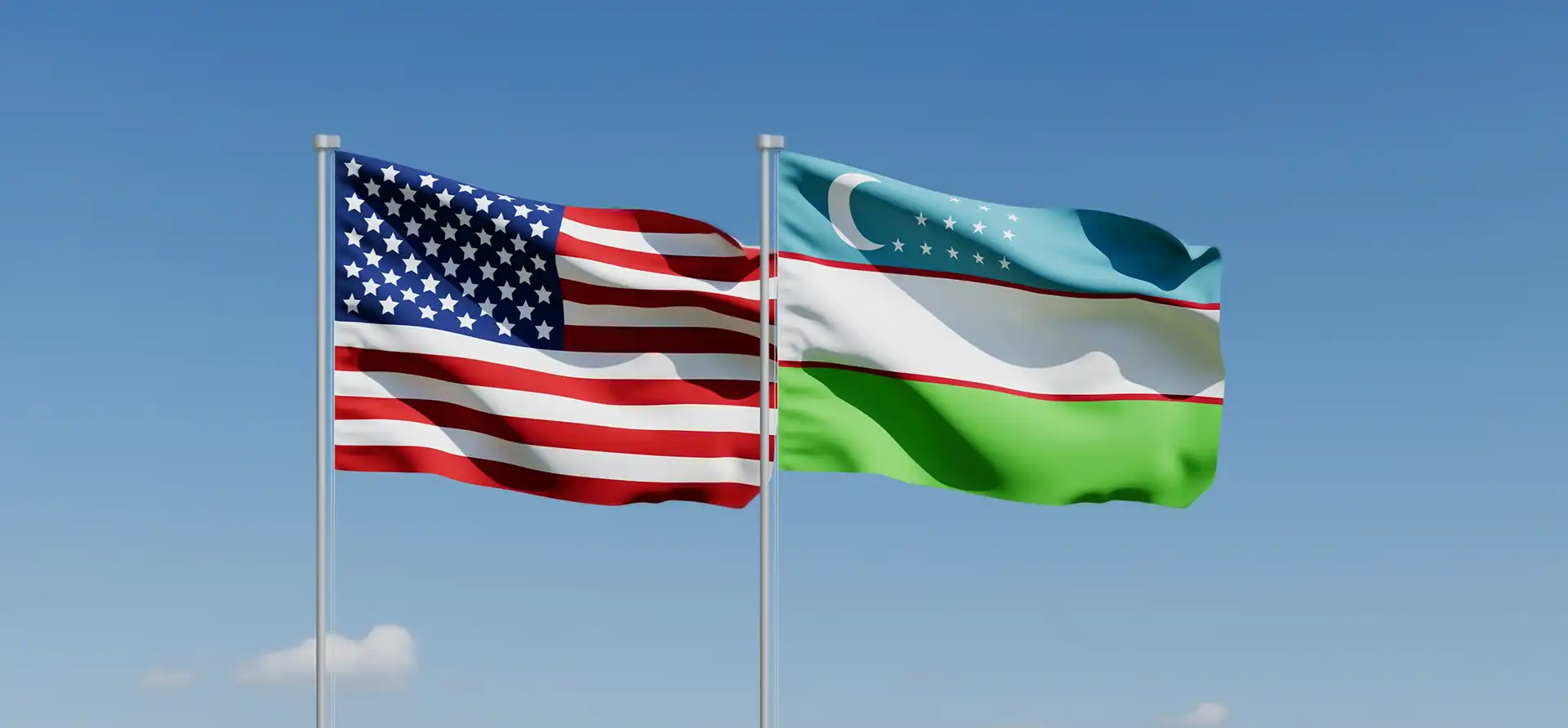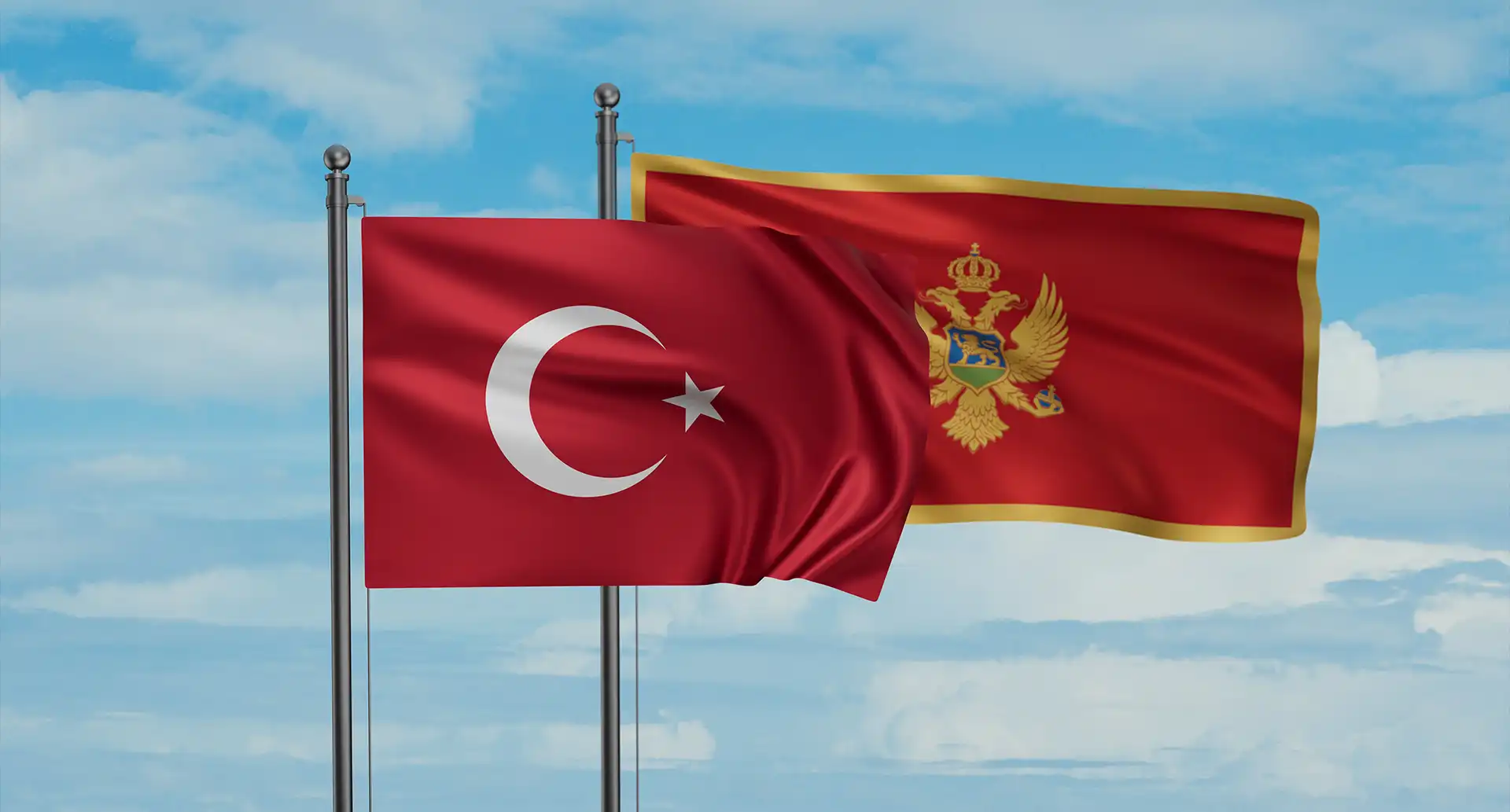

Djibouti
Djibouti passport ranking
The Djiboutian passport is currently ranked 89th place on the Guide Passport Index. It provides visa-free access to 45 destinations. Djiboutian passport holders have visa-free and visas on arrival access to countries such as Philippines, Singapore, and Sri Lanka. Djiboutian passport holders require a visa to enter 184 destinations in the world. This high visa requirement results in a low mobility score and extended travel preparations.
Djibouti Passport Ranking
The Djibouti passport ranking relative to other global passports is calculated by adding up the number of countries that allow Djibouti passport holders to enter without a visa (i.e. visa-free countries) and those that allow Djibouti passport holders to enter by obtaining a visa on arrival (i.e. visa-on-arrival countries) or electronic travel authorization (eTA). There are currently a total of 17 Djibouti passport visa-free countries, 27 Djibouti visa-on-arrival countries, and 1 eTA destinations.
Altogether, Djibouti passport holders can enter a total of 45 destinations—either without a visa, through a visa on arrival, or via an eTA. As a result, the Djibouti passport ranks 89 in the world.
Separate from these Djibouti visa-free countries and visa-on-arrival countries, there are 184 additional destinations in which Djibouti passport holders either need a physical visa to enter or an eVisa (i.e. visa required countries).
About Djibouti
The Republic of Djibouti is a former French colony. Located in Eastern Africa, consists of six administrative regions. It borders the Gulf of Aden, the Red Sea, Somalia, Eritrea and Ethiopia. The most important regions are Djibouti, Tadjourah, and Dikhil. Djibouti is the 47th largest country in Africa with a surface area of only 23,200 square kilometers. Its climate is tropical desert on the coast and semi-desert in the south and central highlands. The terrain is characterized by coastal plains and central mountains.
The overall population is 921,804 people. The capital of the country is Djibouti, which is also the most populous city with 562,000 inhabitants. Other notable cities are Ali Sabieh, Dikhil, and Tadjoura. The largest and only international airport is Djibouti-Ambouli International Airport (JIB), which also serves as a major military hub for several international armed forces. It connects Djibouti to destinations across Africa, Europe, and the Middle East.
Djibouti gained independence from France in 1977. Its culture is dominated by a mix of cultures from Somali, Afar, and other Arab Ethnic groups. The Sunni Muslim religion is the most dominant (94%). The official languages of the country are French and Arabic. The legal system is a mix of civil, sharia, and customary law. The government form is a presidential republic with President Ismail Omar Guelleh as chief of state and Prime Minister Bdoulkader Kamil Mohamed as head of government.
The official currency of the country is the Djiboutian Franc (DJF) with the current exchange rate being DJF 178 to the USD. Djibouti has an open economy, generating a GDP of approximately $3.7 billion. This makes it the 6th smallest economy in Africa. It has a per capita income of $3,666. 80% of the nation’s GDP originates from the services sector. Due to its geographic location, Djibouti’s income mostly derives from its port. Offering services such as refueling, freight handling and container loading and unloading. This is one of the sole sources of governmental income. Furthermore, the government grants land to foreign military bases on its territory to generate rental income.
The Republic of Djibouti is a developing tourism destination with mainly natural sites. People visit the nation for diving with the famous whale sharks, trekking, fishing, and bird watching. Some of the main destinations are Djibouti City, Lake Assal, Tadjoura, and the Day Forest National Park. The country has a well-developed selection of international hotels providing a base to explore.










































